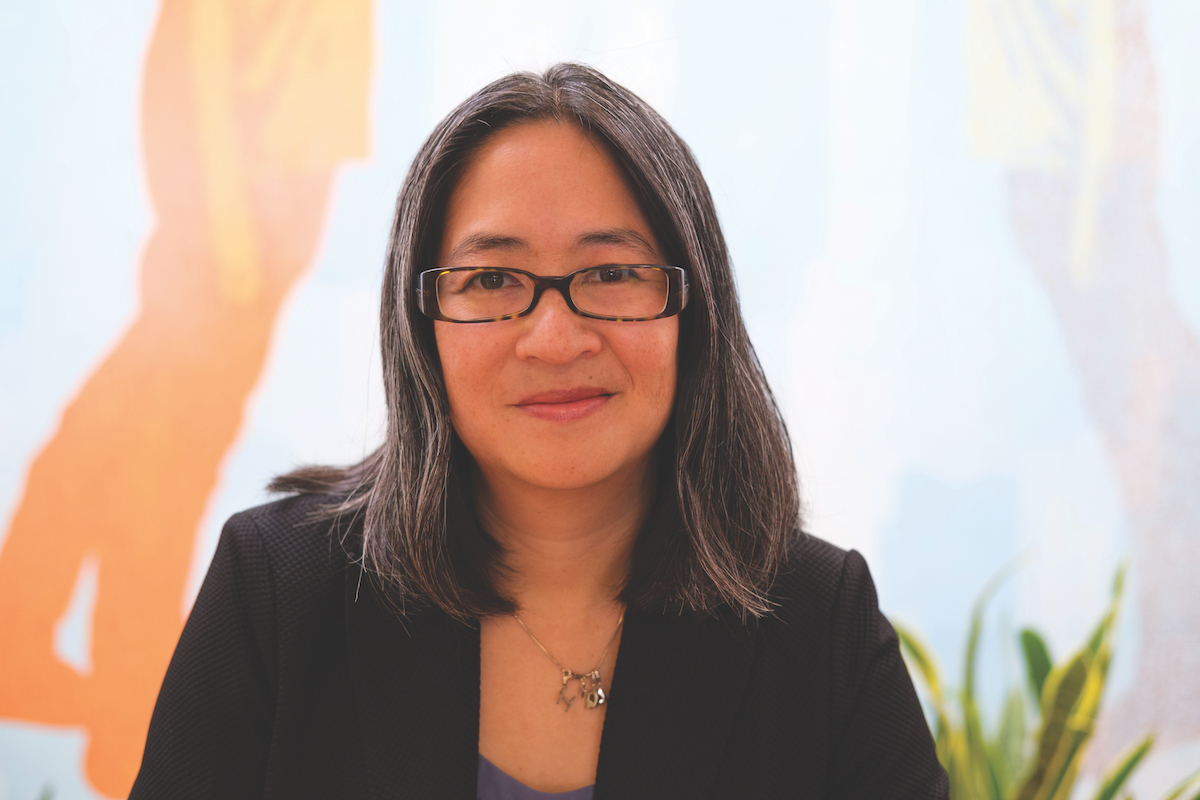Sama ranked No. 48 on the list of 2024 Real Leaders Top Impact Companies.
By Real Leaders
About: Sama is a globally recognized leader in data annotation and model validation solutions for enterprise AI models that require the highest accuracy. The company pioneered an impact model that harnesses the power of markets for social good and meaningfully improves employment and income outcomes for those with the greatest barriers to formal work.
Real Leaders: How does Sama thrive in the impact space?
Wendy Gonzalez: Every decision that you make has multiple facets. That makes every judgment call that much harder. External validation can also help you to be aware of your different bottom lines. By registering as a public benefit corporation, for example, your company will be legally bound to consider your stated mission. B Corp Certification, which requires reporting, can also be a great way to accomplish this. It is no longer enough to simply say you are dedicated to impact. Instead, thriving requires constantly measuring and monitoring specific metrics.
RL: What milestones did the company achieve in 2023?
Gonzalez: In 2023, Sama released Platform 2.0, which is a re-engineered computer vision platform to reduce the risk of machine learning algorithm failures. Platform 2.0 can deliver a 99%-client-acceptance rate for AI training data through SamaAssureTM, the industry’s highest quality guarantee, with an annotation delivery rate of up to 300+ million frames, 850+ million shapes and 10 billion annotation points a month. Sama also released its first impact report since becoming a public benefit corporation. In 2022, the company created 1,622 new entry-level jobs, a single-year record. Among these new hires, 35% were unemployed in the six months prior to joining Sama, and 56% were living below the international poverty line. In terms of third-party awards, Sama won a 2023 Business Intelligence Group Innovation Award for its work with food waste reduction company Orbisk; it made the Inc. 5000 list of America’s fastest growing private companies for the fourth year in a row.
RL: What is the biggest challenge Sama overcame?
Gonzalez: As it was for many, spring 2020 was extremely difficult. First, our founder, Leila Janah, passed away after a battle with epithelioid sarcoma, a rare form of cancer. Just eight weeks later, the world began shutting down in the COVID-19 pandemic. As an impact sourcer focusing on hiring people who may otherwise not gain formal employment or who are from low-income communities, moving to remote working was incredibly difficult. For example, we worked with the Kenyan government and ISPs to put high-speed connections into slums in Nairobi, and we did the same in rural Uganda. We delivered battery packs and laptops via tuktuk. We set up hotels for people to get connected when these solutions didn’t work. Like many things at Sama, these efforts also had a ripple effect — they helped our employees’ children to go to school and, by keeping people employed, also ensured they could ride out the pandemic. We came out of 2020 stronger as a company and continued our growth even in those tough times.
RL: What is the company’s best strategy for finding investors?
Gonzalez: It’s simple: Find investors who understand your mission. When Sama decided to convert to a for-profit company, we did so because we wanted to sustain our mission and create a critical mass of funding to make the necessary investments to do that. There are now impact investors, including one of our own investors, Rubio Impact Ventures, specifically looking for companies that are making a difference somehow. Do your research and contact those who are most aligned with your mission, who have previous experience in a similar space, and who have the right tools to get you to the next level. Having a positive relationship with your investors is easier to build when you are on the same page.
RL: What is Sama’s long-term, mission-oriented dream?
Gonzalez: To create a market where social enterprises are part of the standard and social impact criteria are part of the buying process for all businesses. Regulation will catch up, but we need investors and customers to demand this. Those demands will create a feedback loop that constantly reinforces the need for social enterprises and helps them grow. At Sama, we believe business is a force for social change. With issues like alleviating global poverty having been stalled by the COVID-19 pandemic, there is no time to waste in building a better global ecosystem that gives everyone a seat at the table. To that end, Sama’s majority shareholder, the Leila Janah Foundation, supports social enterprises in Kenya and Uganda through initiatives like the Give Work Challenge (GWC), which runs twice a year for both extant and new businesses, and the Growth Fund, which supports former GWC winners with an additional grant. These programs and others like them are helping to build wealth and financial independence in Africa and around the world.




































